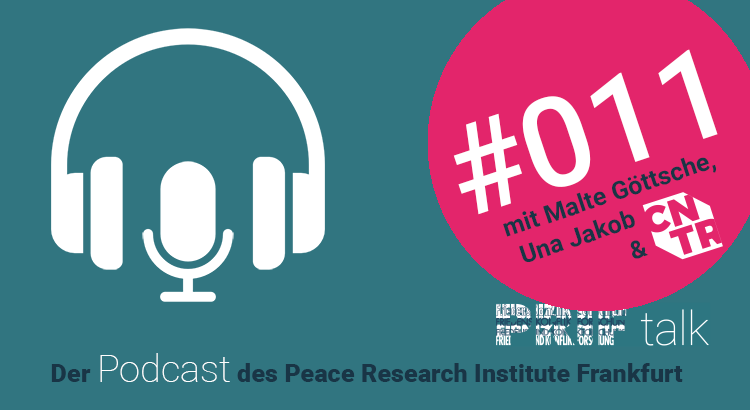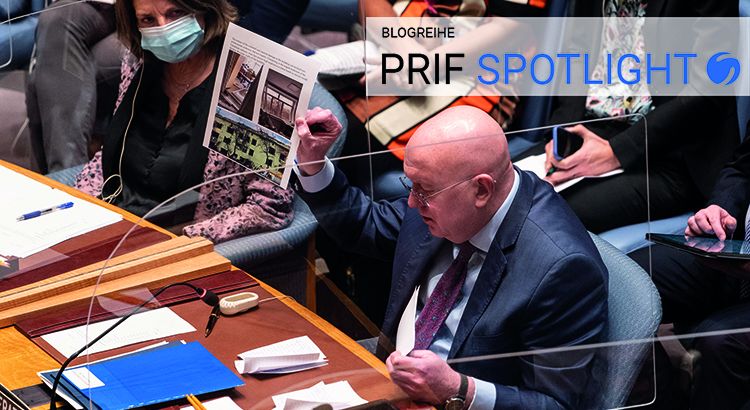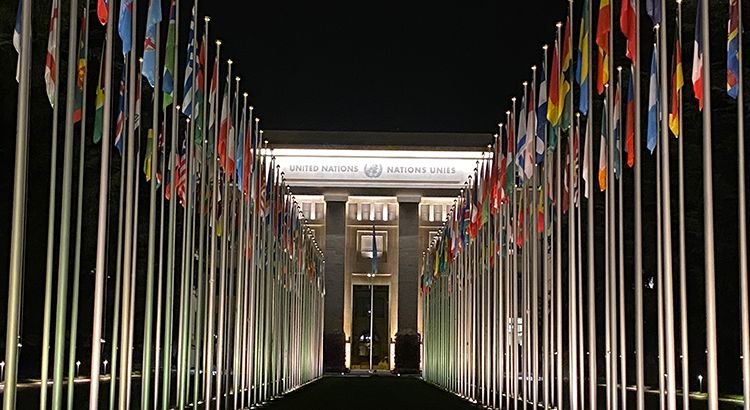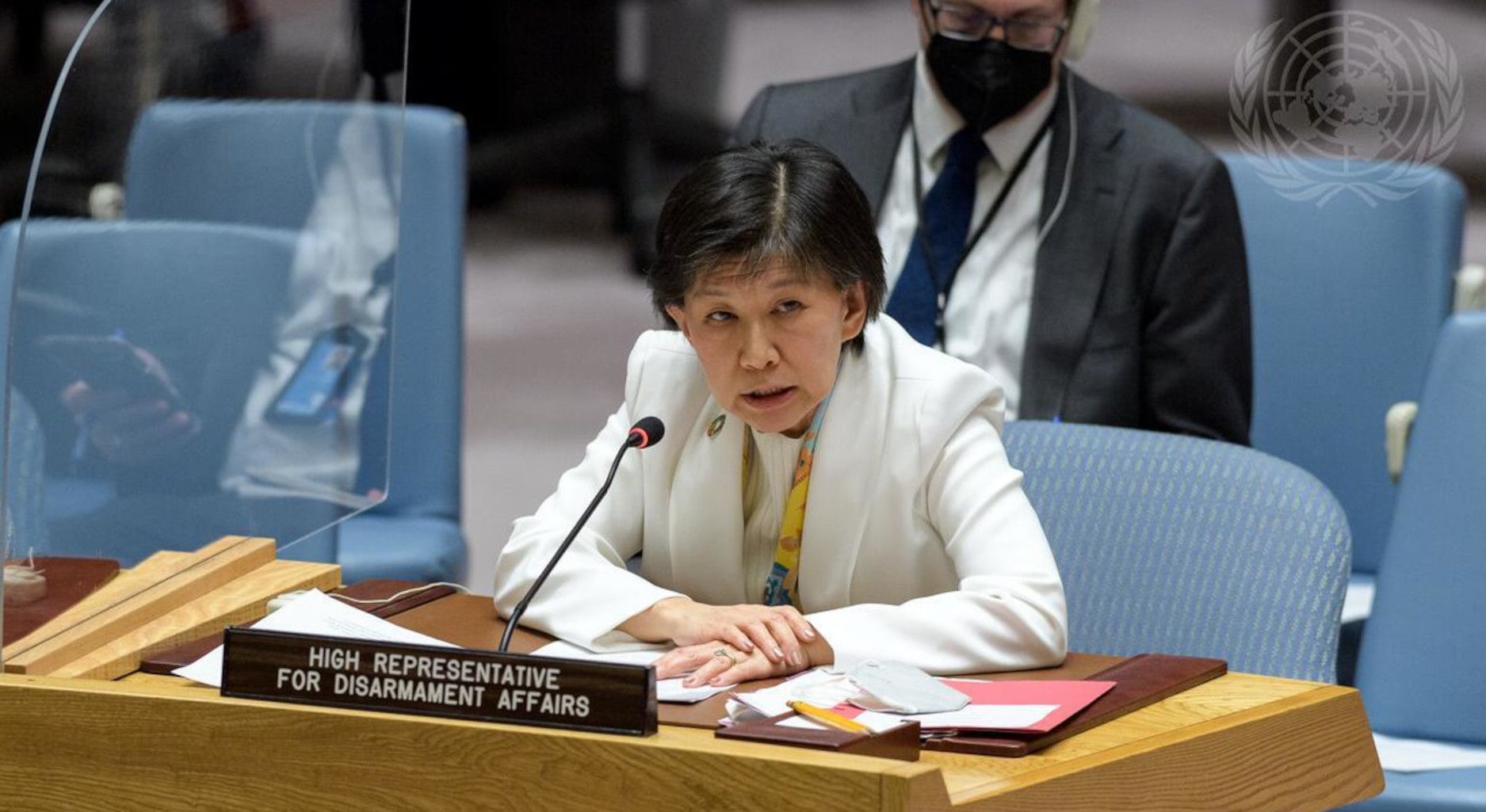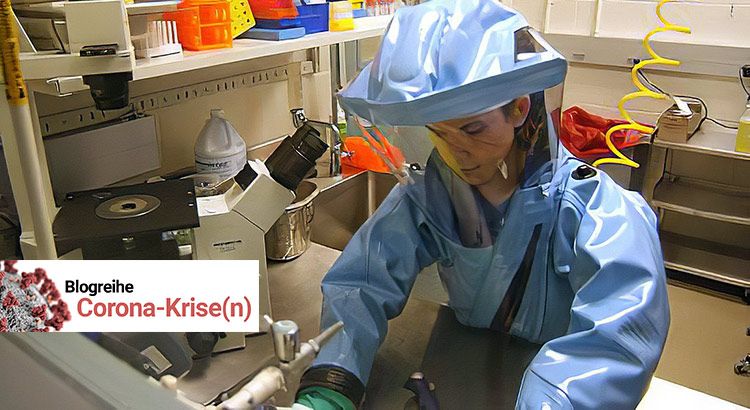PRIF talk #011 // Forschung als Sicherheitsrisiko?
Wann wird Forschung zum Sicherheitsrisiko? Im Zuge der Debatten um die „Zeitenwende“ wird verstärkt diskutiert, ob Universitäten auch für das Militär forschen dürfen oder ob sie rein zivile Forschung betreiben sollen. Oft ist diese Abgrenzung aber gar nicht so einfach. Viele Forschungsbereiche sind „Dual Use“ – sie haben legitime Anwendungen, können aber auch missbraucht werden, zum Beispiel zur Herstellung von Waffen, und damit zum Problem für die nationale oder globale Sicherheit werden. In der neuesten Folge von PRIF talk diskutieren Una Jakob und Malte Göttsche mit Elisabeth Waczek über das Spannungsfeld von Forschung zwischen Freiheit, Innovation und Verantwortung.
Alle drei arbeiten im Cluster Natur- und Technikwissenschaftliche Rüstungskontrollforschung (CNTR). Das Cluster hat im November die erste Ausgabe des CNTR Monitor unter dem Titel „Perspektiven auf Dual Use“ veröffentlicht.
Malte Göttsche ist Professor für naturwissenschaftliche Friedensforschung am PRIF und der TU Darmstadt, Co-Sprecher des Clusters Natur- und Technikwissenschaftliche Rüstungskontrollforschung (CNTR) und Leiter der Forschungsgruppe Science for Nuclear Diplomacy. Er arbeitet zu nuklearer Nichtverbreitung, Rüstungskontrolle und Abrüstung mit Schwerpunkt auf der Entwicklung von Verifikationsmethoden und -technologien.
Una Jakob ist Senior Researcher am PRIF im Programmbereich Internationale Sicherheit und Leiterin der Forschungsgruppe Biologische und chemische Abrüstung und Sicherheit. Zu ihren Forschungsschwerpunkten zählen die Nichtverbreitung und Abrüstung biologischer und chemischer Waffen sowie biologische Sicherheit.
*Shownotes*
- Website von CNTR
- CNTR Monitor 2024
- Applying Ethics in the Handling of Dual Use Research: The Case of Germany – Una Jakob, Felicitas Kraemer, Florian Kraus, Thomas Lengauer, 2024
- Forschungssicherheit – BMBF // Homepage – Positionspapier des Bundesministeriums für Bildung und Forschung zur Forschungssicherheit im Lichte der Zeitenwende – BMBF
- Stellungnahme Ethikrat: Biosecurity – Freedom and Responsibility of Research
- Regierung – Stark-Watzinger: Zivile und militärische Forschung verzahnen – Politik – SZ.de
- Hochschulpolitik: Bayern plant Verpflichtung zu Militär-Kooperation – Forschung & Lehre
- Nein zum Bundeswehr-Gesetz | GEW – Bayern
Social Media
